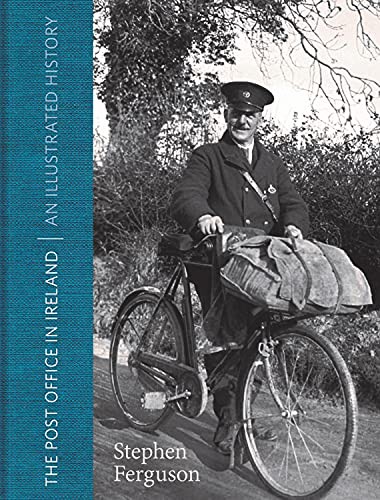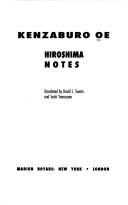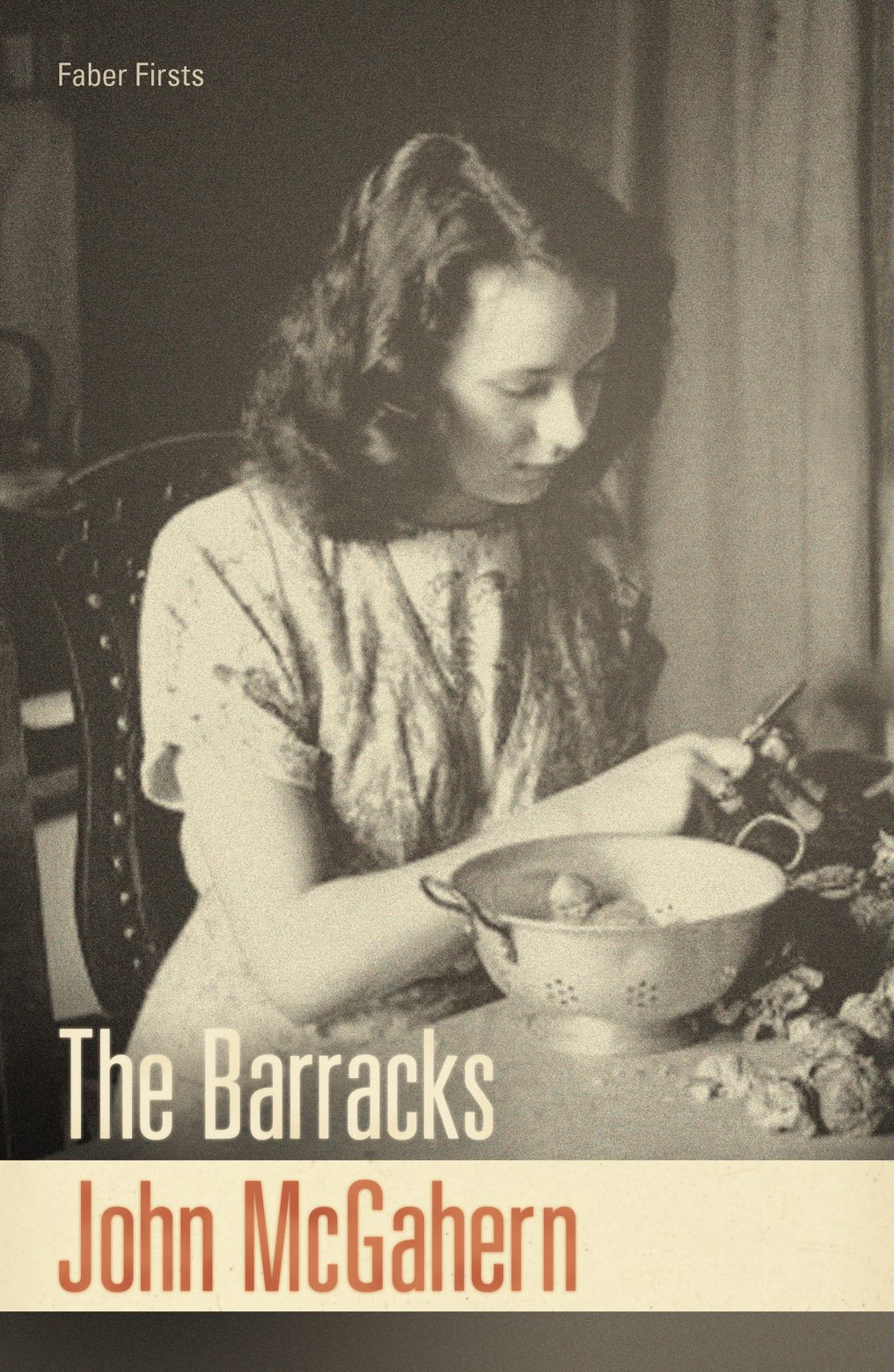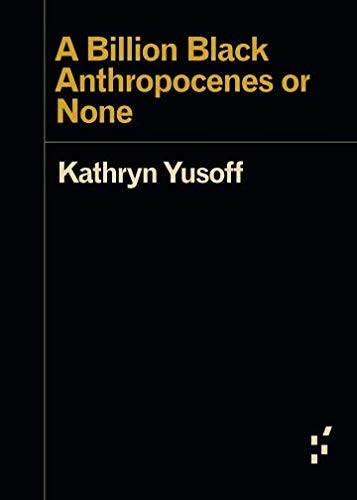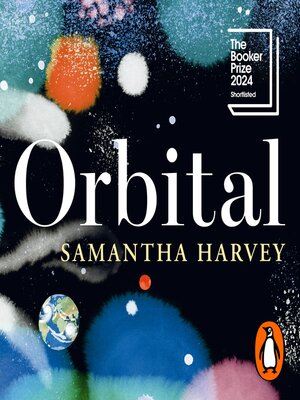Fionnáin reviewed Brickle, Nish, and Knobby by Marlene Creates
Layers of snow and ice
4 stars
Marlene Creates is one of Newfoundland's most celebrated artists. Now late in her career, she has turned a small forest into an ongoing artwork, and invites people to go on journeys in its arboreal depths. In this publication, she documented every different type of ice and snow in the Newfoundland vernacular in word, short poetic response, and a photograph. Released at nearly the exact same time as Robert MacFarlane's Landmarks, Creates was clearly on the wavelength of that particular zeitgeist. Brilliant work.

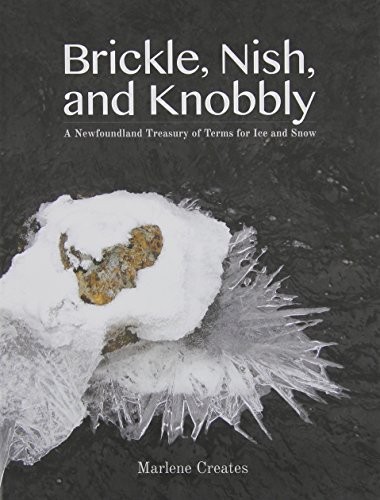
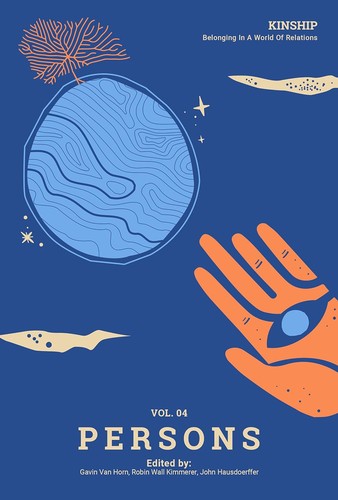
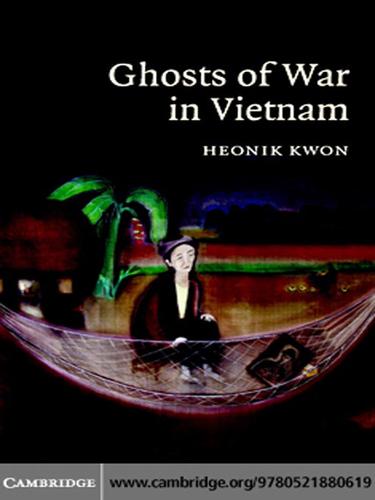
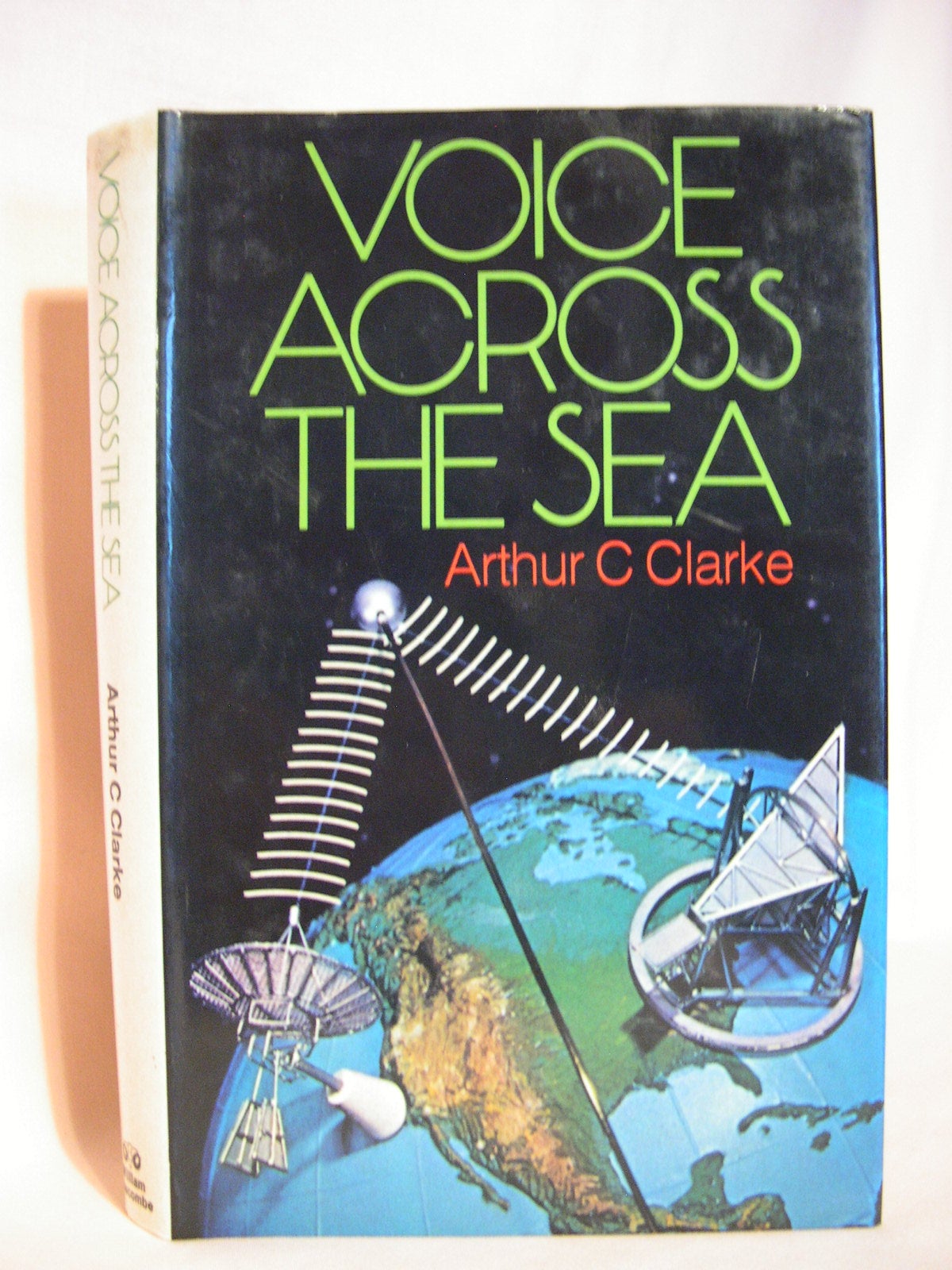

![Broadcasting in Ireland (1978, Routledge and Kegan Paul [for the] International Institute of Communications)](/images/covers/606e567d-bf0a-4d80-aa7b-c6a5e84b3528.jpeg)
